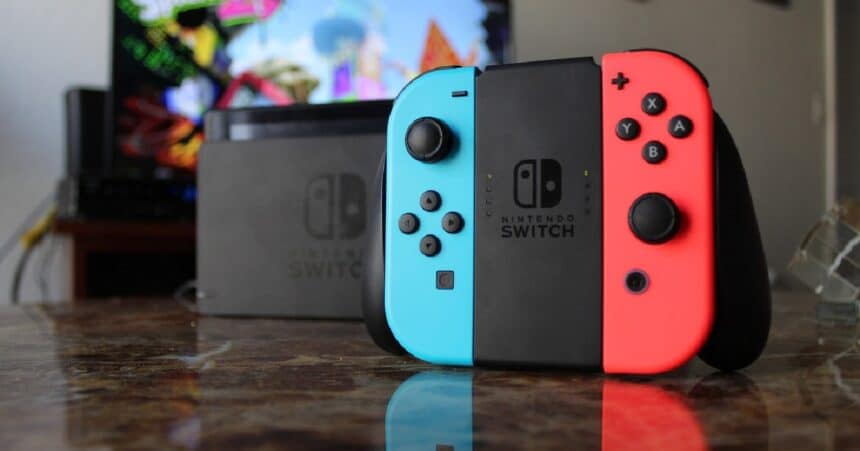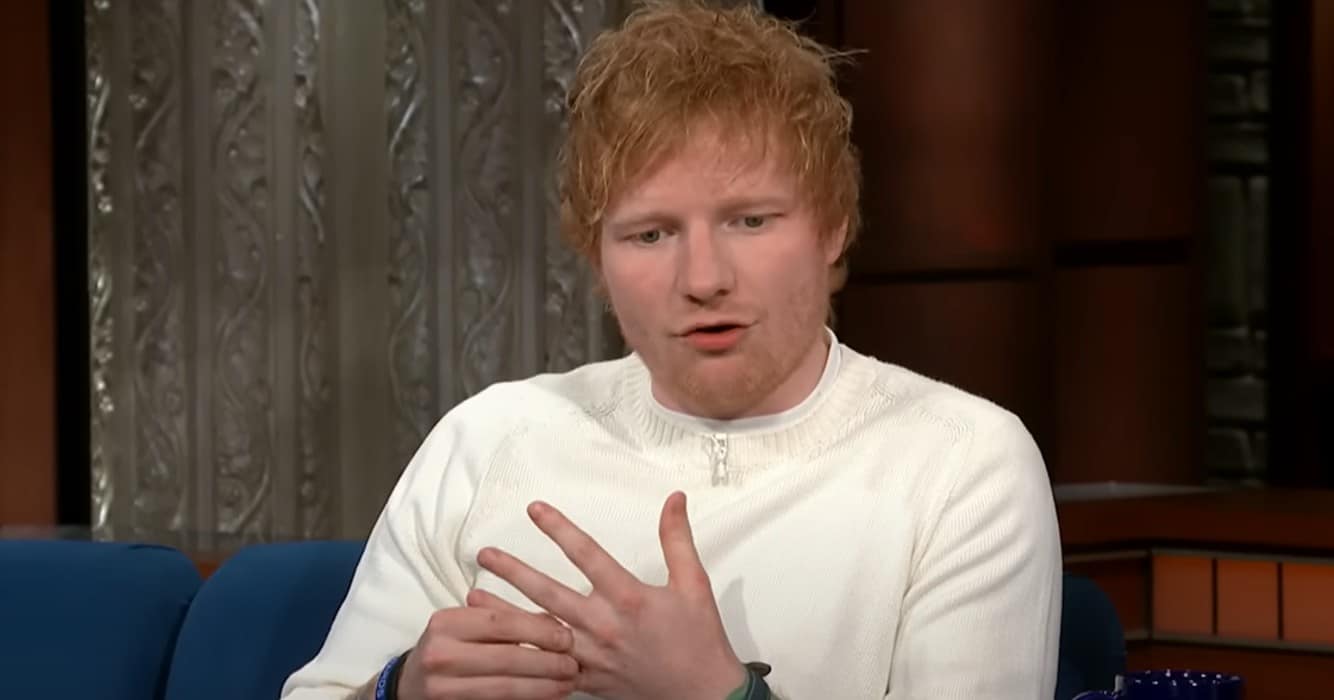In a significant legal move that has caught the attention of gamers and the tech community alike, Nintendo sues Yuzu in what appears to be the start of something huge to go down between the two, the creators of a popular open-source Switch emulator. The heart of the controversy lies in Nintendo’s accusation that Yuzu has facilitated the early pirated gameplay of “The Legend of Zelda: Tears of the Kingdom,” among other titles. This article delves into the intricacies of the case, exploring Nintendo’s allegations, Yuzu’s stance, and the broader implications of this lawsuit for emulation and copyright law.
The Allegations: Piracy and Emulation
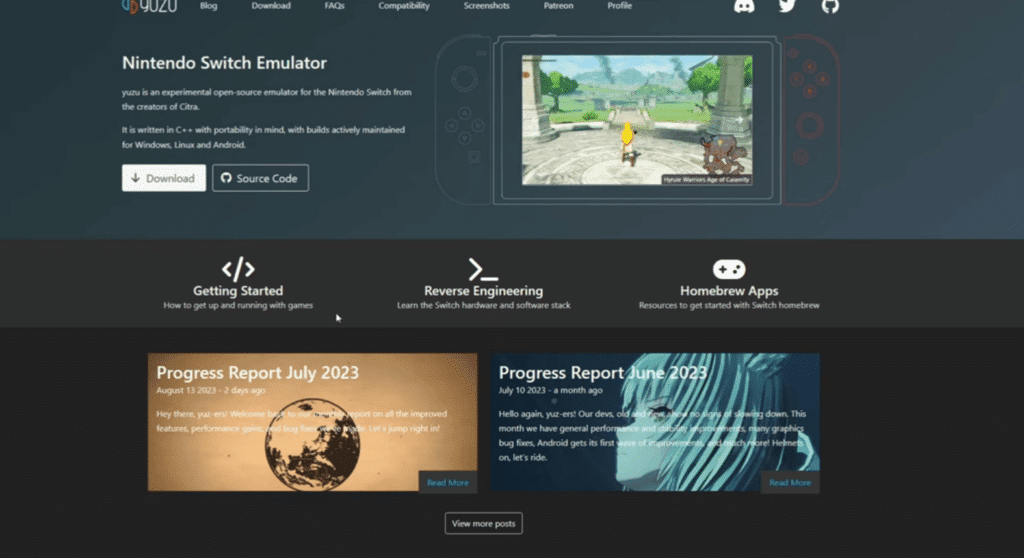
The action where Nintendo sues Yuzu underscores the company’s ongoing battle against piracy. According to Nintendo, Yuzu’s Switch emulator has become a tool for playing pirated copies of its games, notably “The Legend of Zelda: Tears of the Kingdom,” which was reportedly available on various ROM sites before its official release. Nintendo argues that while Yuzu itself does not distribute pirated games, it indirectly supports piracy by enabling gamers to play illegally obtained ROMs on their platform.
Yuzu’s Position: Advocating for Open-Source Emulation
Yuzu, on the other hand, maintains that its emulator is a product of open-source development, designed for educational purposes and to preserve video games for future generations. The team behind Yuzu has consistently stated that their emulator does not come with Nintendo games and that they do not support or condone piracy. Despite these assertions, Nintendo claims that most ROM sites often direct users to Yuzu to play downloaded games, blurring the lines between preservation and piracy.
Nintendo’s Legal Strategy: Protecting Intellectual Property
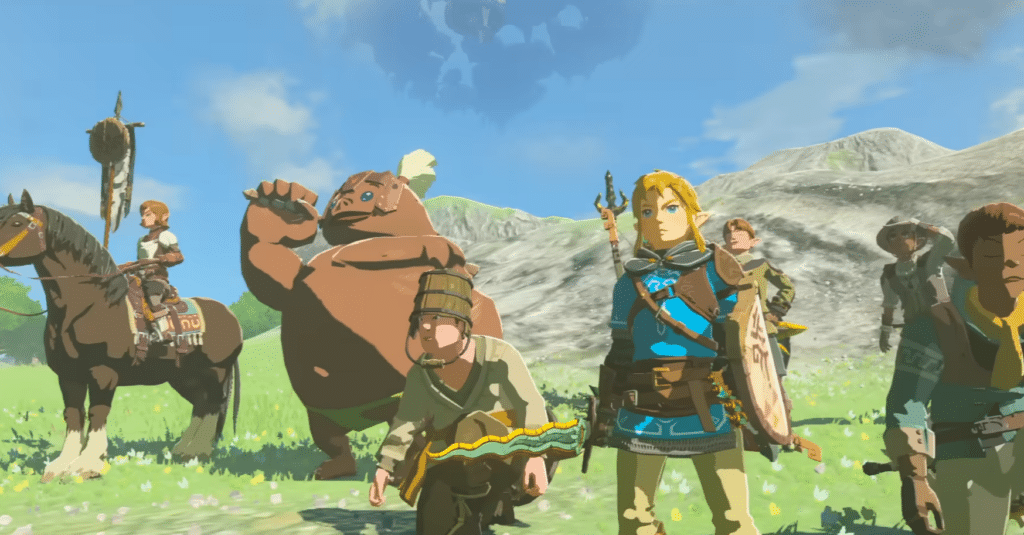
The lawsuit filed by Nintendo is part of the company’s broader strategy to protect its intellectual property rights and maintain control over how its games are accessed and played. Nintendo sues Yuzu, aiming to shut down the emulator or significantly restrict its capabilities. The company has a history of taking legal action against emulation sites and services, underscoring its zero-tolerance policy towards piracy and unauthorized use of its software.
The Debate Over Emulation: Legal and Ethical Considerations
Nintendo’s lawsuit against Yuzu reignites the debate over the legality and ethics of video game emulation. Advocates for emulation argue that it plays a crucial role in preserving video games, especially those that are no longer commercially available or are at risk of becoming obsolete due to hardware limitations. Critics, however, view emulation as a gateway to piracy, undermining the financial interests of game developers and publishers.
Implications for the Gaming Community and Copyright Law
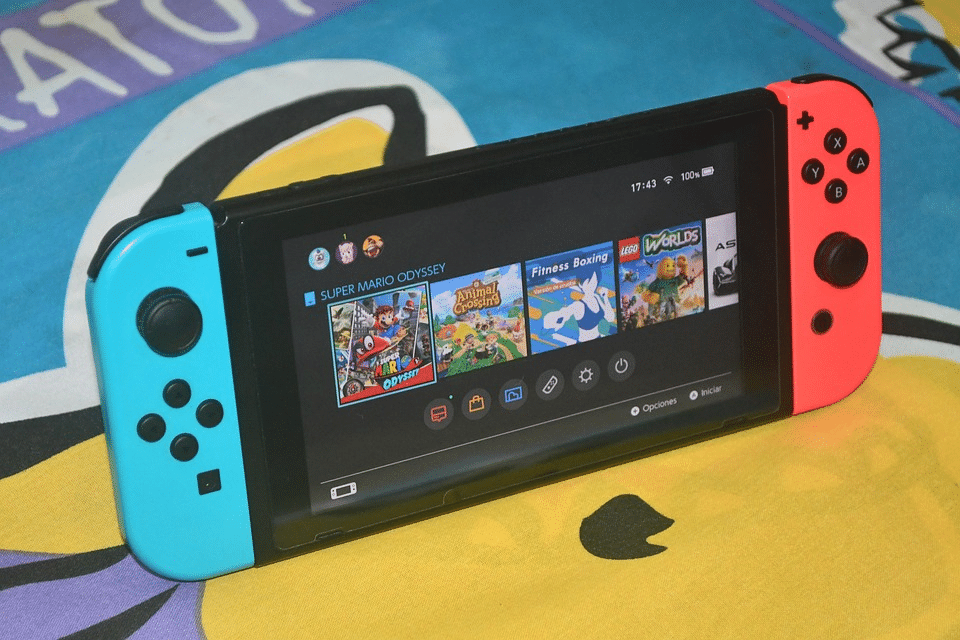
The legal battle between Nintendo and Yuzu has far-reaching implications for the gaming community and copyright law. A ruling in favor of Nintendo could set a precedent that impacts the future of open-source emulation projects, potentially hindering efforts to archive and preserve video games. Conversely, a decision that recognizes the legitimacy of emulation for preservation purposes could encourage the development of more emulators, challenging traditional notions of copyright and ownership in the digital age.
The Future of Emulation and Game Preservation
As the lawsuit progresses, the gaming industry and legal experts will closely watch how the case evolves and its outcomes. Regardless of the verdict, the case between Nintendo and Yuzu is likely to spark discussions about the balance between copyright protection and the cultural significance of video game preservation. It raises critical questions about how the industry can protect intellectual property rights while ensuring that future generations have access to the rich history of video games.
What Comes After Nintendo sues Yuzu
The lawsuit of Nintendo sues Yuzu marks a pivotal moment in the ongoing discourse surrounding video game emulation and copyright law. As both parties prepare for a legal showdown, the outcome of this case could redefine the boundaries of emulation, piracy, and copyright in the gaming world. While Nintendo seeks to safeguard its creations, the emulation community continues to advocate for the importance of open-source projects in preserving the legacy of video games. The resolution of this legal battle will undoubtedly have lasting effects on the industry and its approach to copyright and preservation.

